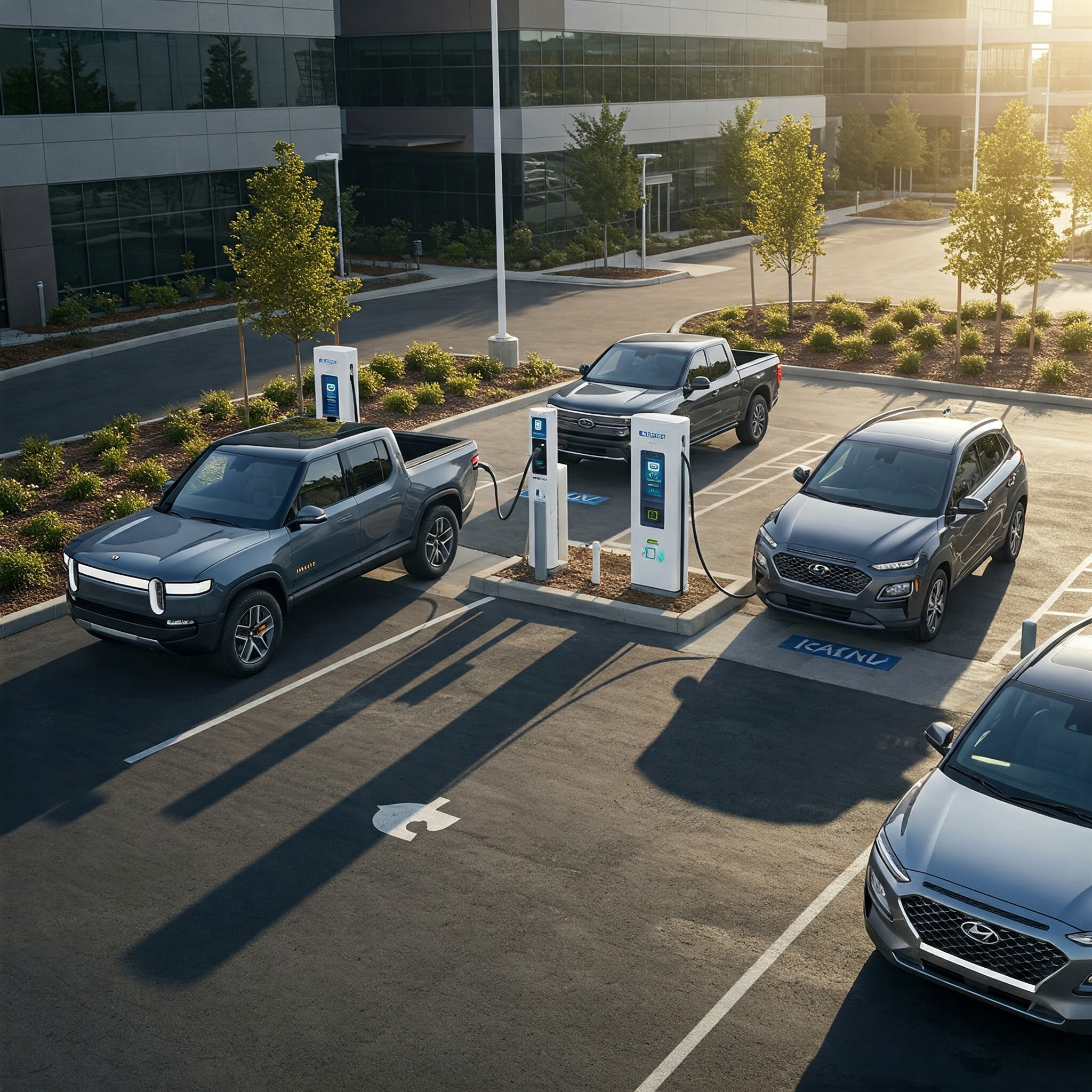Global EV Sales Achieve Third Consecutive Record High
On December 13, 2024, Reuters reported that global sales of fully electric and plug-in hybrid vehicles rose for a seventh consecutive month in November. This was a jump of 32% year on year for a third consecutive record high, according to data from market research firm Rho Motion.
However, this growth is largely driven by China, which now accounts for nearly 70% of global EV sales, while European markets have shown a slight decline in registrations.
This trend is important for several reasons. First, it underscores the rapid pace of transformation in the electric vehicle (EV) market. China’s dominance in EV production and sales is reshaping the global automotive landscape, putting pressure on other regions like Europe, which is grappling with high production costs, stringent emissions targets, and increased competition from both local and international players.
As the electric vehicle market continues to evolve, countries and automakers will need to adapt to maintain competitiveness. For instance, Europe may need to reassess its approach to EV production to address cost and competition challenges. Conversely, China’s lead suggests the country’s early investment in EV infrastructure, manufacturing, and policy support is paying off, potentially setting the stage for further global market shifts.

The latest data reveals a continued strong growth trajectory for global electric vehicle (EV) sales, although challenges persist for automakers in Europe and America. In November, global sales of fully electric and plug-in hybrid vehicles increased by 32.3%, reaching a total of 1.83 million units. Sales in China, the dominant player in the global EV market, surged by 50%, with 1.27 million vehicles sold. Meanwhile, the U.S. and Canada experienced a more modest increase of 16.8%, with 0.17 million vehicles sold, while European sales were slightly down year-on-year, totaling 0.28 million units, although they showed a 7.7% increase from October.
Why This Matters
The growth in EV sales signals the global shift towards cleaner transportation, but automakers, especially in Europe and America, face mounting challenges. Increasing trade tensions, tightening CO2 regulations, and the removal of EV incentives in some countries are creating pressure on pricing and threatening the viability of manufacturing plants. These factors are putting thousands of jobs at risk, particularly as production costs rise and competition intensifies.
In Europe, where sales have slightly decreased year-on-year despite recent growth in October, the shift toward electrification is compounded by concerns over the rising costs of production and the need to meet aggressive emissions targets. This presents a dilemma: automakers must navigate the challenge of balancing sustainable growth in the EV sector with economic pressures that could undermine their position in the global market.
For the U.S. and Canada, while EV sales have shown growth, the pace is slower compared to China. This difference highlights the greater headwinds faced by American and European automakers in scaling up EV production and adoption, which is essential for meeting global environmental targets.
As the EV market evolves, automakers and governments will need to strike a delicate balance between incentivizing the shift to electric vehicles, maintaining competitive pricing, and ensuring that the economic and social impacts of the transition are carefully managed.
America Will Likely Fall Farther Behind China in 2025
The proposal to end the $7,500 consumer tax credit for electric vehicle (EV) purchases, as part of the President-elect’s tax-reform plan, could have significant repercussions for the U.S. EV market. According to sources familiar with the transition team’s discussions, the tax credit, which has been a key incentive for EV buyers, may be eliminated, potentially stalling the growth of EV adoption in the United States. US automakers count on the credit for reaching profitability in EV production. Loss of the credit would significantly impact these companies, causing massive layoffs.
The potential removal of the EV tax credit would undermine the momentum of the U.S. EV transition, which is already facing challenges. Traditional automakers making the transition to electric would struggle without the subsidy. This could slow the broader shift toward cleaner vehicles and make it harder for the U.S. to meet its environmental goals.
Ultimately, the decision to eliminate the tax credit reflects a critical crossroads for the U.S. auto industry, balancing the need to support new technologies and clean energy with the desire for tax reform and fiscal conservatism. If passed, this change could have lasting effects on both the automotive landscape and the nation’s efforts to combat climate change.
EVinfo.net spoke with former car dealer, incoming Senator-elect Bernie Moreno of Ohio via LinkedIn comments. We reported in the LinkedIn post that per CNBC, the “EV tax credit is ‘catastrophically stupid,’ says incoming Ohio Senator and ‘car czar’ Bernie Moreno.”
Moreno said on our Linkedin post, “Giving $7,500 to millionaires to lease hyper expensive EVs is indeed catastrophically stupid. I am an ardent believer that an efficient free market is infinitely smarter than any single one of us and certainly than the government. Germany killed the EV credit. We also will. If you want to get an EV, good for you. The tax payer isn’t going to subsidize your really sweet paint job or audio upgrade with a $7,500 credit!”
EVinfo.net pointed out that Moreno was referring to the “leasing loophole” that the administration could easily fix, instead of removing the whole credit. Moreno showed a shocking lack of knowledge about the Chinese automotive industry which dominates the global EV landscape. This domination cannot be addressed in the free market as Moreno suggests. The only answer is to subsidize our automakers so that they can compete with China. We urge you to support saving the EV tax credit, preventing job loss from hard-working American auto workers. Contact your government representatives today, and tell them you oppose removing the EV credit, which would be a disaster to our economy.

Electric Vehicle Marketing Consultant, Writer and Editor. Publisher EVinfo.net.
Services